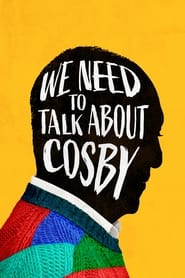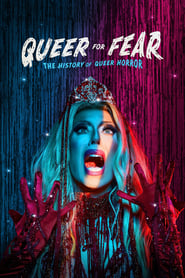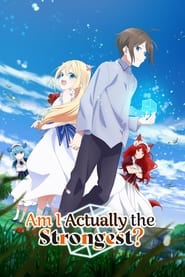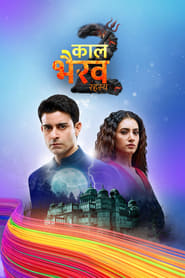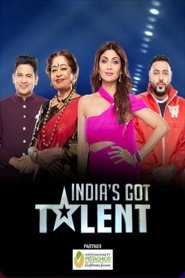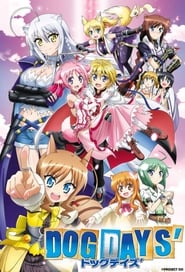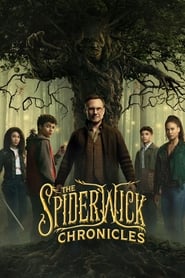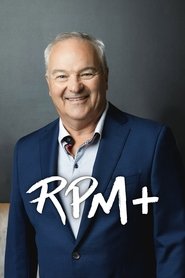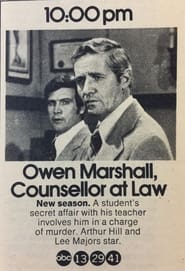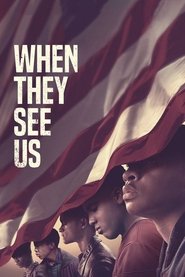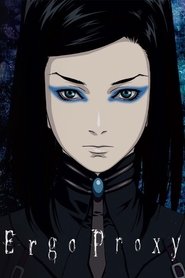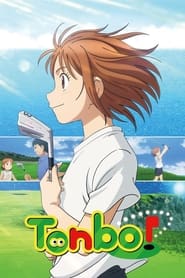Popular TV Series - Page 260
-
Archie Bunker's Place
1979
star 6.5Archie Bunker's Place is an American sitcom originally broadcast on the CBS network, conceived in 1979 as a spin-off and continuation of All in the Family. While not as popular as its predecessor, the show maintained a large enough audience to last for four seasons, until its cancellation in 1983. In its first season, the show performed so well that it knocked Mork & Mindy out of its new Sunday night time slot. -
We Need to Talk About Cosby
2022
star 6.8During his nearly 50 years in show business, Bill Cosby became one of America's most recognizable black celebrities: his career was a model of excellence for millions of Americans, until the painful testimonies of dozens of women uncovered the sinister grimace behind the smile of the so-called America's dad. -
Queer for Fear: The History of Queer Horror
2022
star 6.2A four-part documentary telling the story of LGBTQIA+ horror and the relationship between queer audiences and horror, and the queer horror community as a whole. -
James May's Shed Load of Ideas
2025
star 1In "James May's Shed Load of Ideas," the beloved presenter fully leans into his persona as a modern-day, pragmatic philosopher. Freed from the world of high-octane automotive challenges, May returns to his natural habitat: a wonderfully cluttered shed. From this cozy HQ, he embarks on a series of intellectual and practical explorations, applying his signature curiosity and dry wit to everything from the history of mundane objects to grand futuristic concepts. The show is a testament to the fact that the subject is almost irrelevant; the true appeal is simply listening to James May think aloud. It's a comforting, witty, and deeply engaging series for anyone who finds joy in the art of thoughtful inquiry. -
Am I Actually the Strongest?
2023
star 7.4After being a shut-in, Haruto is reincarnated as a baby. And amazingly, that baby is a prince! However, he's abandoned in a forest on the day he's born because of his low magic level... What will be the fate of Haruto, who was inadvertently given 1000 times the normal amount of magic by the goddess of reincarnation without anyone noticing?! -
Kaal Bhairav Rahasya
2017
Kaal Bhairav Rahasya
2017
star 10Kaal Bhairav Rahasya is an Indian mystery-thriller television series airing on Star Bharat since 30 October 2017. The show is shot in Bhopal and stars Rahul Sharma, Sargun Kaur, Chhavi Pandey and Ahwaan Kumar in lead roles. -
India's Got Talent
2009
India's Got Talent
2009
star 5.7This talent show features a huge variety of talent ranging from the mundane to the bizarre from heart-stopping feats to the seemingly impossible giving Indians a platform to showcase their talents like no other. -
Dog Days
2011
Dog Days
2011
star 7Dog Days takes place in the world of Flonyard, an alternate world where its inhabitants look like humans but with animal ears. When Cinque Izumi suddenly gets summoned to this alternate world he is appointed as a Hero. How will he lead his life and interact with the various characters in this new world? -
Texhnolyze
2003
Texhnolyze
2003
star 6.9Denizens of Lux have come to call it "The City" and treat it as a sentient force. Three factions vie for control of the city: the Organo, a strictly professional conglomerate with ties to the criminal underworld in the prosthetics business; the Union, a fanatical populist group interfering with Organo's affairs; and Racan, a marauding group of Texhnolyzed youths. -
The Spiderwick Chronicles
2024
star 7.2The coming-of-age story of the Grace Family, as they move from New York to Michigan and into their family's ancestral home. Upon arrival, the family not only uncovers mysteries hidden inside their great grandfather's Spiderwick Estate, but also discovers a secret, fantastical world around them. -
RPM+
2015
RPM+
2015
-
Skemergrond
2024
Skemergrond
2024
star 5It centres round the Louw family who own a beautiful flower farm in Gemoedsdrif. Their peaceful existence is turned upside down when unexpected guests arrive who threaten to reveal shocking family secrets. Old wounds are opened and new bonds are forged to save and protect the Louws and their legacy. -
When They See Us
2019
When They See Us
2019
star 8.2Five teens from Harlem become trapped in a nightmare when they're falsely accused of a brutal attack in Central Park. -
Playboyy
2023
Playboyy
2023
star 7.8Three friends dive into the dark side of the sex industry to find a missing person, facing their own fears and desires along the way. -
Ergo Proxy
2006
Ergo Proxy
2006
star 7.6In a futuristic world almost barren of life, mankind is confined to mechanized domed cities where A.I.’s control all aspects of life. In this world, humans are no longer born, they are manufactured in a production line; and alongside them live androids known as autoreivs. Within one of these domed sanctuaries named Romdeau lives Re-l Mayer, one of a few citizens who aren’t entirely prevented from thinking. Her grandfather's prominent position and the affection of the scientist Daedalus have left her more free will than is normally allowed, but Re-l has started to question the sanctity of the city and the citizens' perfect way of life. With mysterious beings known as proxies causing havoc and a man named Vincent causing great influence on her life, Re-l must travel outside of the city to find the answers she seeks and discover the mystery behind "the awakening". -
Wayne
2019
Wayne
2019
star 8.3In this gritty and sometimes bloody tale, sixteen year-old Wayne sets out on a dirt bike with his new crush Del to take back the 1978 Pontiac Trans Am that was stolen from his father before he died. It is Wayne and Del against the world. -
Debris
2021
Debris
2021
star 7.1Two federal agents from two different continents, and two different mindsets, must work together to investigate when wreckage from a destroyed alien spacecraft has mysterious effects on humankind. -
Tonbo!
2024
Tonbo!
2024
star 6.8A dramatic tale of golf and humans, set on the beautiful Tokara Islands. Igarashi has thrown away his past and fled society, relocating to Hinoshima Island. Here, on "Japan's last hidden paradise," he meets Tonbo, the island’s only middle schooler. To his surprise, this girl harbors an extraordinary talent for golf!? This encounter marks the beginning of a significant change in their destinies.
 Netflix
Netflix
 Amazon Prime Video
Amazon Prime Video
 Apple iTunes
Apple iTunes
 Apple TV Plus
Apple TV Plus
 Disney Plus
Disney Plus
 Google Play Movies
Google Play Movies
 Paramount Plus
Paramount Plus
 Hulu
Hulu
 HBO Max
HBO Max
 YouTube
YouTube
 fuboTV
fuboTV
 Peacock
Peacock
 Peacock Premium
Peacock Premium
 Amazon Video
Amazon Video
 The Roku Channel
The Roku Channel
 AMC+
AMC+
 AMC on Demand
AMC on Demand
 Kocowa
Kocowa
 Hoopla
Hoopla
 The CW
The CW
 Vudu
Vudu
 Starz
Starz
 Showtime
Showtime
 PBS
PBS
 Pantaflix
Pantaflix
 FXNow
FXNow
 Tubi TV
Tubi TV
 Kanopy
Kanopy
 Comedy Central
Comedy Central
 Crunchyroll
Crunchyroll
 Microsoft Store
Microsoft Store
 Redbox
Redbox
 Sun Nxt
Sun Nxt
 ABC
ABC
 DIRECTV
DIRECTV
 Crackle
Crackle
 Fandor
Fandor
 Plex
Plex


